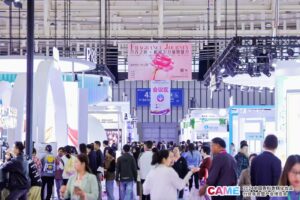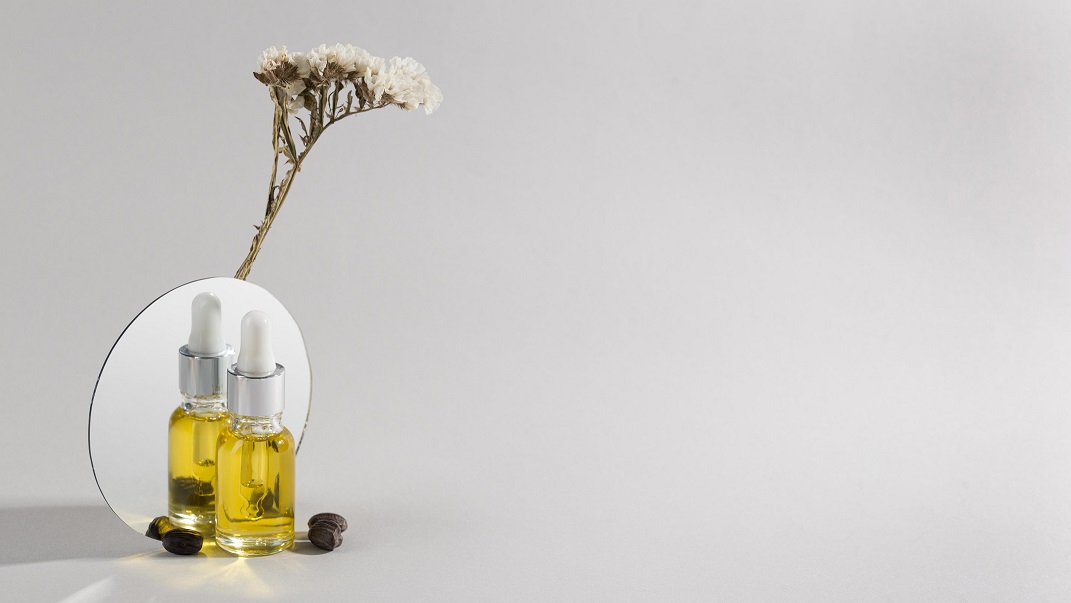+86 571 8659 2517
+86 180 5841 8258
info@zmuni.com

As the management of health food access in China continues to evolve and the the country's wellness market rapidly expands, new changes may emerge in the future. Enterprises should stay vigilant and adjust their strategies promptly. Cross-Border E-Commerce(CBEC): The Preferred Choice for Exporting Overseas Health Foods to China Currently, CBEC has become the favored channel for overseas health foods entering the Chinese market. This approach offers two key advantages: a) Bypassing Complex Certification: It avoids the high barriers and lengthy wait times associated with directly applying for China's “Blue Hat” health food certification. b) Operational Benefits: CBEC reduces tax burdens and operational costs, allowing brands

According to relevant data, the market size of China's cosmetics industry in 2023 was approximately 516.9 billion yuan, showing a year-on-year growth of 6.4%. It is projected to reach 579.1 billion yuan by 2025. The vast and rapidly expanding Chinese market has become a key export destination. Countries like Japan, South Korea, Italy, France, and Germany are major sources of cosmetics imports to China. So, how can cosmetics successfully enter the Chinese market quickly and smoothly? This article provides a snapshot of the latest cosmetic application status and outlines the key compliance requirements for cosmetics exports to China. Registration and Notification

Recently, the first registered new cosmetic ingredient under the Cosmetic Supervision and Administration Regulation(CSAR) since 2021—a whitening agent Isobutylamido Thiazolyl Resorcinol (Thiamidol 630)—has been successfully approved, marking a significant milestone and offering hope for the registration of new cosmetic ingredients(NCI). See previous report. In addition to whitening, new hair dye ingredients are also worth noting. According to relevant data, the global hair dye market was valued at approximately $12.6 billion in 2022 and is expected to grow at a compound annual growth rate (CAGR) of 5.3% from 2023 to 2027. Similarly, the Chinese hair dye market is projected

On November 4, China's National Medical Products Administration (NMPA) approved the registration of a new cosmetic ingredient submitted by Beiersdorf: Isobutylamido Thiazolyl Resorcinol (Thiamidol 630). See previous report. Yet, what are the requirements for registering whitening and freckle-removal ingredients? ZMUni Compliance Centre has compiled the key compliance points to serve as a reference for global stakeholders. Definition of New Whitening and Freckle-Removal Ingredients Under Technical Guidelines for Research on Functional Ingredients of Freckle-removing and Whitening Cosmetics (Draft for Comments)(hereinafter referred to as Guidelines), whitening and freckle-removal ingredients refer to any ingredient listed in the formulation of whitening or freckle-removal special cosmetics

From October 18-19, the 2024 China Association of Fragrance, Flavor, and Cosmetics Industries(CAFFCI) Annual Meeting and Expo (CAME) was grandly held in Nanjing, Jiangsu province under the theme "Creating, Winning, Thriving Together." The exhibition featured a 15,000㎡space, bringing together 138 premium exhibitors. Zhejiang Zhongmao Enterprise Service Co., Ltd. (ZMUni Compliance Centre) was honored to be one of the participating exhibitors, where we showcased our enthusiastic service approach and professional capabilities. In addition to exhibiting, ZMUni actively participated in forums at the CAME conference, gaining valuable insights into the latest regulations and industry trends, both in China and globally. The event featured 45 forums

At the opening meeting of the 14th National People's Congress (NPC), Chinese Premier Li Qiang emphasized China's commitment to accelerating the development of new productive forces and promoting the growth of the bioeconomy. In response, local governments have implemented policies to encourage regional advancements in synthetic biology, positioning the industry for continued expansion and innovation. Owing to strong government backing and growing market interest, China's synthetic biology industry has seen significant growth in recent years. By the end of August 2024, the industry had completed 44 financing rounds in China, raising over 2 billion RMB, reflecting the industry's accelerating momentum.

| Peptides Surge in Popularity In recent years, peptides have gained significant momentum in the anti-aging sector in China, emerging as a key ingredient alongside renowned components like retinol, pro-xylane, and collagen. As of the end of September 2024, there were 21,665 skincare products featuring peptides as their primary selling point that are active in China, with the majority of them registered/notified in the past two years. According to data from Frost & Sullivan, the market size for peptide-based cosmetic ingredients in China reached RMB 1.45 billion in 2021 and is projected to grow to RMB 2.32 billion by 2025, reflecting

On September 13, 2024, the National Medical Products Administration (NMPA) of China issued a public notice revealing that a Spanish cosmetic company is suspected of using the prohibited ingredient "Diflorasone Propionate" in its products. To Ensure Public Safety in Cosmetic Use, China NMPA has ordered a suspension of sales of the company’s implicated products in China. The misuse of prohibited and restricted cosmetic ingredients is a common violation in China. These practices pose significant risks to consumer health and undermine market integrity. In response, regulatory authorities are continuously tightening enforcement measures to ensure compliance and uphold product safety
+86 571 8659 2517
+86 180 5841 8258
info@zmuni.com